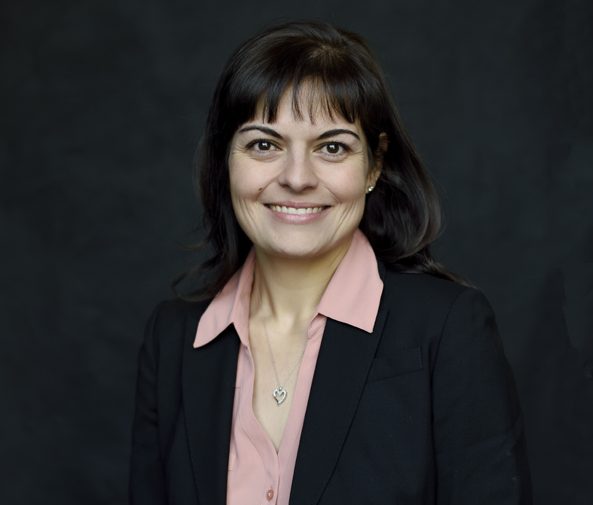Emergency preparedness and disaster response
Posted: September 23, 2020
As the COVID-19 pandemic exposed healthcare weaknesses nationwide, ATSU-CGHS looked at ways to provide something in short supply—public health professionals with experience in emergency preparedness.
Public Health Emergency Preparedness and Disaster Response is a course being offered this fall. It will examine roles and responsibilities of public health during a disaster and emergency. Students completing the course earn three Federal Emergency Management Agency (FEMA) certifications.
“It’s very much what you’d do in the field,” said Mary-Katherine McNatt, DrPH, MPH, MCHES, CPH, COI, ATSU-CGHS Public Health department chair and associate professor. “How to set up field hospitals, incident command training, table tops, after-action reports, and things like that.”
Additionally, a four-course Public Health Emergency Preparedness and Disaster Response certificate program will begin in January. Students will need to complete Introduction to Public Health, Epidemiology, Global Health, and Public Health Emergency Preparedness and Disaster Response courses to earn the certificate, along with three FEMA certificates and a contract-tracing certificate.
Dr. McNatt said the certificate is designed for public health and healthcare workers to gain more experience in emergency preparedness and response, and prepare them to be first responders.
Prior to coming to ATSU-CGHS in 2006, Dr. McNatt worked in bioterrorism, emergency preparedness, pandemic planning, and infectious disease surveillance in Texas’ Dallas County. She said much was accomplished in public health across the nation during the years immediately following 9/11.
“After 9/11, funding was increased. Then we saw increases in emergency preparedness, plans for outbreaks, pandemic planning, and many initiatives were put into place,” Dr. McNatt said.
During the past few years, federal public health funding has seen drastic cuts, stressing the system and further complicating pandemic response. Then COVID-19 spread throughout the country. Dr. McNatt said the field is approximately 70% understaffed and many people in public health leadership roles are entering their retirement years. The result has been desperate calls for thousands of public health workers to assist during the pandemic.
“When public health is working, and working well, you don’t hear anything about it,” Dr. McNatt said.
While the coronavirus pandemic should be behind us one day, Dr. McNatt said people need to understand it won’t be overnight, likely stretching into spring or summer of 2021. There are ways everyone can help slow the spread and protect themselves, she said, if Americans are willing. Everyone, Dr. McNatt said, should be wearing masks in public areas, both indoors and outdoors.
“It’s taking care of each other. It’s respectful,” she said. “It’s other people’s health, their wellness, their life.”
Doing things virtually for as long as possible is another key. Dr. McNatt said her children will attend school virtually this fall, and her family will continue to stay home as much as possible. She also stressed physical distancing of six feet should be a minimum, not a goal, to protect yourself and others.
Until a vaccine or other reliable treatment is developed, everyone must do their part to protect themselves and others.
“The only way we’re going to get herd immunity is with a vaccine or once a treatment comes out,” she said. “It’s not going to happen by itself. Science tells us it’s not going to happen.”
Dr. McNatt praised ATSU leadership for taking positive, proactive steps to allow the University to continue its mission, while protecting students, faculty, and staff.
“ATSU has done a phenomenal job of allowing the employees, the students, to go home and manage this,” Dr. McNatt said. “I’ve always been proud of how ATSU supports the students, faculty, and staff.”